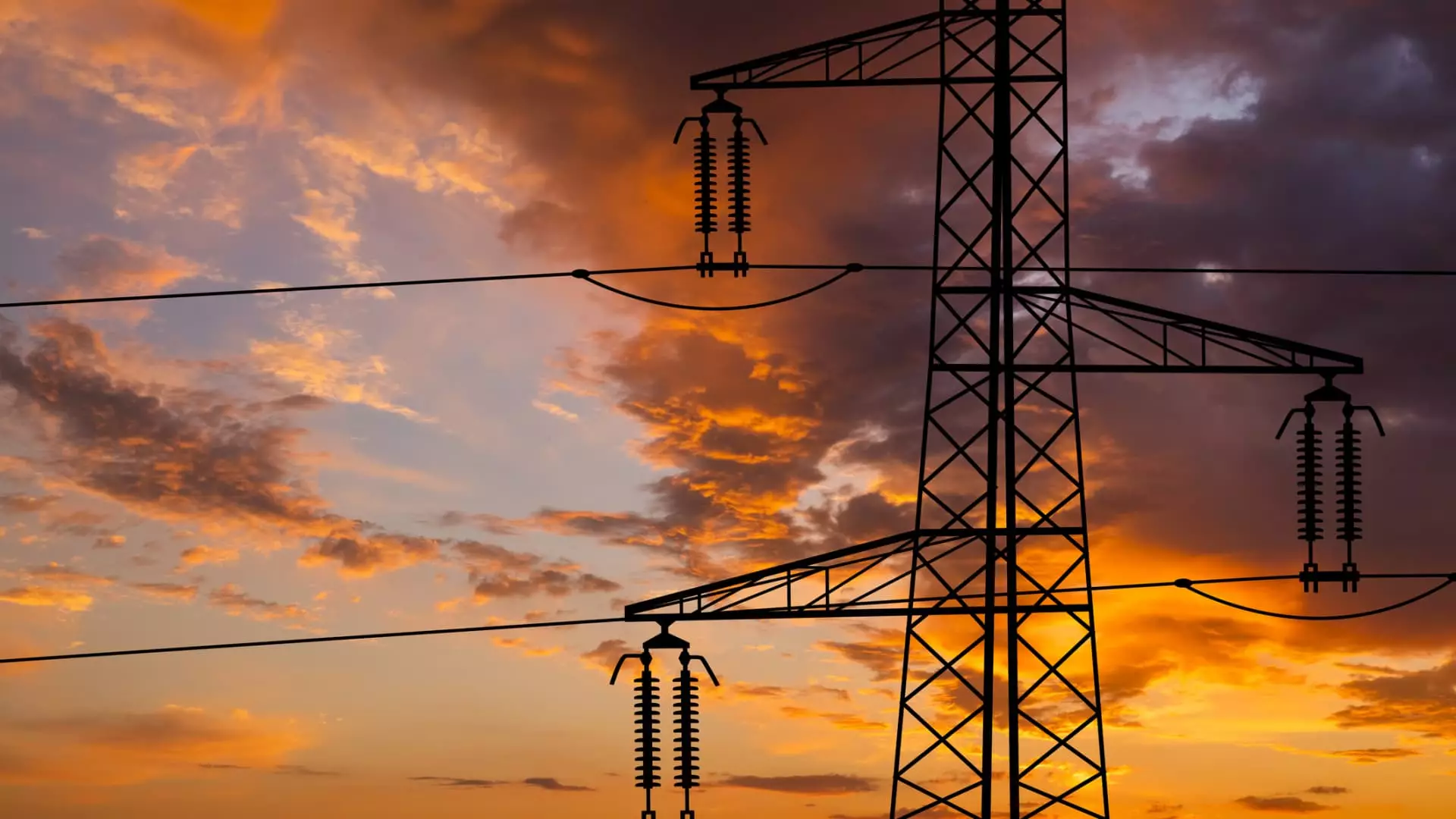In the early hours of Sunday, Ukraine faced its most significant missile assault since August, with blasts resonating throughout the capital, Kyiv, and beyond. As the country braces for winter, fears of severe damage to its already beleaguered power infrastructure have intensified. The missile strikes, reported to target power generation and transmission facilities, highlight a deliberate strategy by Russia to weaken Ukraine’s energy sector while psychologically tormenting the population amidst an ongoing conflict that erupted in February 2022.
Ukrainian officials have issued warnings for weeks, predicting an imminent attack designed to decimate the energy grid and precipitate long-lasting power outages. Energy Minister German Galushchenko, in a somber update via social media, confirmed the nature of the assault. His remarks indicated not only the scale but also the systematic approach to targeting essential electricity infrastructure, underscoring the strategic value of energy facilities in modern warfare.
As the missile strikes commenced, Kyiv residents were alerted to the chaos unfolding overhead. Air defense systems activated, and it became apparent that drones were infiltrating the capital during the night. The air was filled with fears and sounds of detonation, resonating with echoes of previous attacks but even more potent as they reverberated through city streets. The immediate impact was a precautionary power supply cut-off affecting various districts in Kyiv and surrounding areas, a proactive measure grounded in the experience of previous assaults that crippled infrastructure.
Authorities reported damage to energy infrastructure in regions like Volyn, but details were sparse—a common practice in wartime to prevent panic and maintain strategic ambiguity. In contrast, the southern city of Mykolaiv experienced tragedy with the loss of two lives due to drone attacks, a grim reminder of the human cost these assaults incur amidst the broader geopolitical struggles.
The Regional Ripple Effect
The widespread effects of the missile strikes were felt not just in Kyiv but across various regions, including the critical industrial town of Zaporizhzhia and coastal cities like Odesa. Witnesses reported multiple explosions, which painted a picture of chaos and distress within peaceful civilian areas—a strategy seemingly designed to instill terror among the populace. The targeting of critical infrastructure and non-combatants is a tactic employed to amplify the psychological warfare component of this ongoing conflict.
Foreign Minister Andrii Sybiha emphasized the brazen nature of the attack, framing it as Russia’s explicit response to diplomatic overtures made by international leaders towards President Putin. His commentary serves to contextualize the assault within broader geopolitical machinations, illustrating how military actions intertwine with diplomatic engagements on the world stage.
The ramifications of this renewed militaristic offensive have also been felt beyond Ukraine’s borders. Neighboring Poland activated its air force in response to the threat perceived from the Russian attacks, showcasing a heightened state of alert and solidarity with Ukraine. Poland’s military mobilization reflects not only an immediate reaction to the current situation but also demonstrates a broader commitment to regional security in the face of an unpredictable adversary.
The activation of Poland’s air force, including the deployment of on-duty fighter jets and the highest readiness level for ground-based air defense systems, underscores the interconnected nature of security in the region. NATO’s collective response mechanisms are being tested, reaffirming the alliance’s dedication to standing against aggression.
As the Sunday missile assault ended, the aftermath was marked by immediate destruction and injury—fires ignited in residential buildings, and panic ensued as citizens sought refuge from the ongoing threat. Kyiv’s Mayor Vitali Klitschko confirmed that emergency services had been deployed to address the situation, highlighting the resilience of a city under siege.
With the winter looming, the pressing question remains: how will Ukraine withstand these systematic assaults on its critical infrastructure? The courage of its people is evident, yet the strategic importance of energy resources underscores the urgent need for support from both local leaders and the international community. As Ukraine endures yet another chapter of conflict, its fortitude stands as a testament to its spirit—a spirit that will undoubtedly be tested in the challenging days ahead.


Leave a Reply